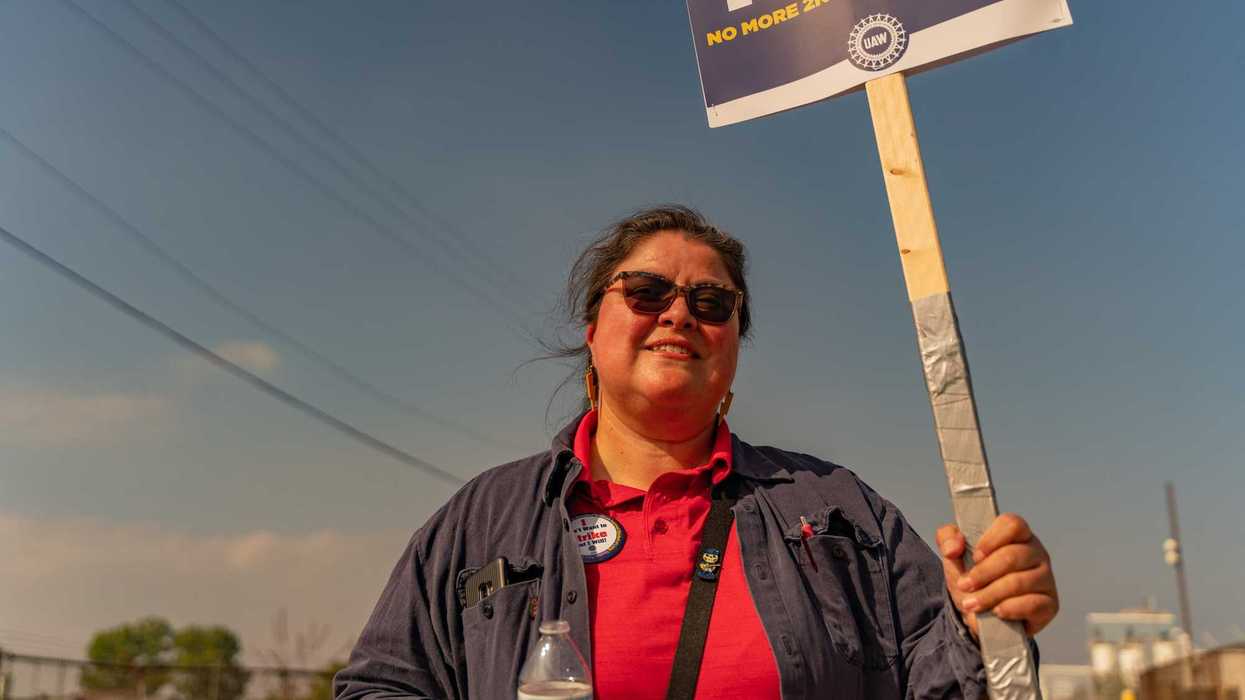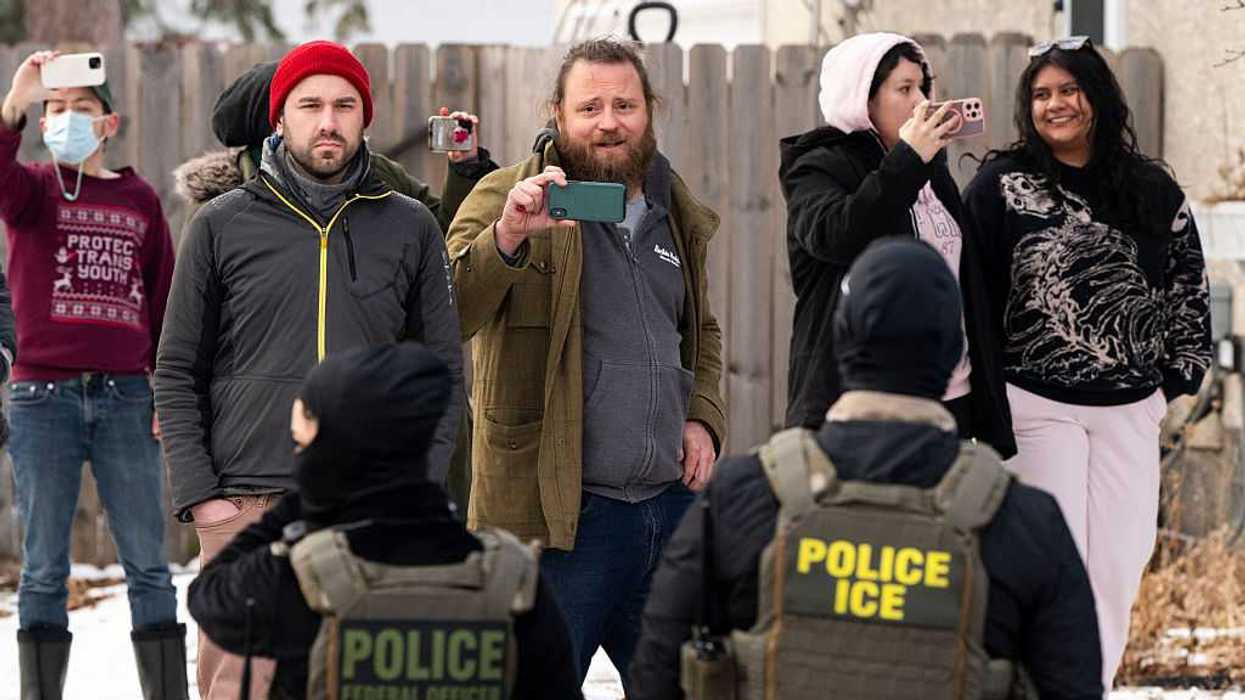State and local election officials in 31 states say they want to update voting equipment before the 2020 election, but most believe they don't have the money to do so, according to a survey by the Brennan Center for Justice at NYU Law School.
States received $380 million in election security grants from Congress last year, but there's general consensus that the total is not remotely close to what's required to replace outdated and not reliably secure balloting hardware. Russian hackers are widely suspected of searching for vulnerabilities in several states' voting systems in the last presidential election.
The intelligence community says there's no evidence any results were altered, but the vulnerabilities will only be easier to exploit four years later. The biggest concern is with the dozen states where electronic voting machines do not provide printouts confirming each voter's choices.
Of these, Delaware has dedicated money to replacements in time for next year's election, the Georgia and South Carolina legislatures are on course to earmark similar spending, and Louisiana's plan is temporarily on hold because of a contract award dispute. The Brennan Center says modernization is essentially at a standstill in the other states: Indiana, Kansas, Kentucky, Mississippi, New Jersey, Pennsylvania, Tennessee and Texas.



















Why does the Trump family always get a pass?